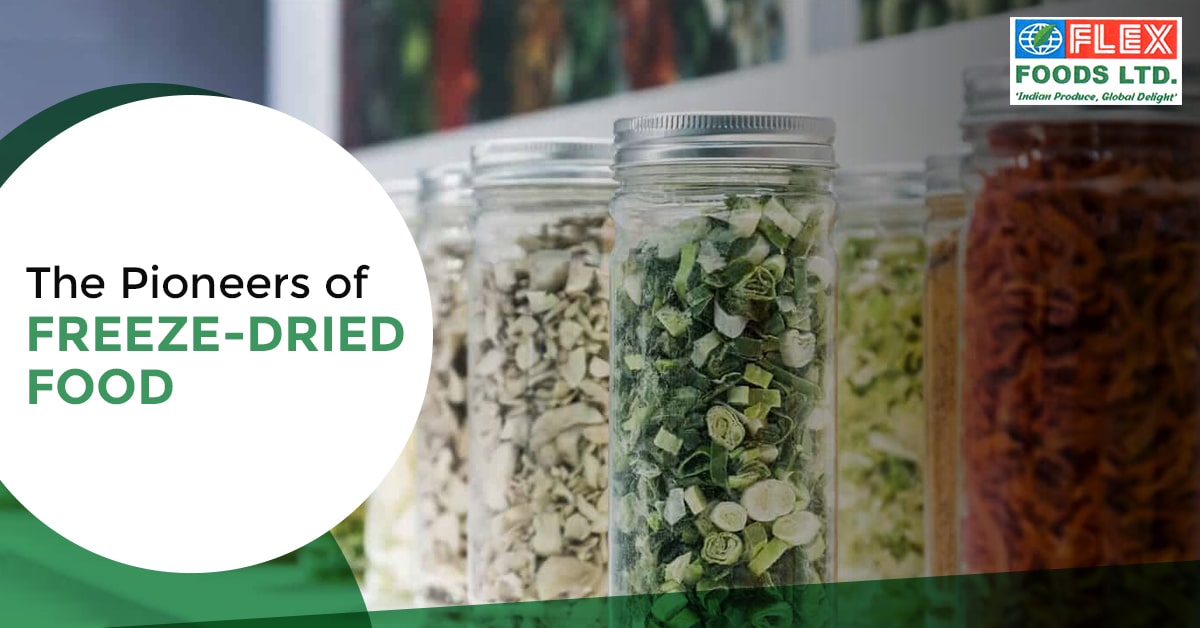Food certifications are important in India. They tell us about our food quality. They help with exports of frozen vegetables in India too. Let's learn about key food certifications for Indian products.
FSSAI
FSSAI stands for Food Safety and Standards Authority of India. It's very important. All food businesses in India need FSSAI certification. This includes restaurants and food manufacturers.
FSSAI checks food safety. It makes sure food is good to eat. The FSSAI logo is on many food packages. It's a circle with a fork and spoon. Seeing this logo means the food is safe.
FSSAI also grades food businesses. They use a system of one to five stars. Five stars is the best. This helps people choose safe places to eat.
India Organic
This is India's own organic certification. It's given by the government. Foods with this label are grown without chemicals. They don't use synthetic fertilizers. They don't use GMOs.
The India Organic logo is green and blue. It shows a growing plant. This certification is important for Indian farmers. It helps them sell organic products.
Many countries accept this certification. It helps Indian organic foods sell abroad. It's good for exports.
AGMARK
AGMARK is an old and trusted certification. It's been around since 1937. AGMARK checks the quality of agricultural products. It's used for things like ghee, oils, and spices.
The AGMARK logo is a pyramid shape. Inside, it says "AGMARK". This logo means the product meets quality standards. It's important for both Indian and export markets.
Jaivik Bharat
This is a new organic logo. It was launched in 2018. Jaivik Bharat means "Organic India". This logo is for organic food products. It's meant to be easier for people to recognize.
The logo shows a green plant. It has "Jaivik Bharat" written below. This certification follows the same rules as India Organic. It's another way to show a product is organic.
GI Tag
GI means Geographical Indication. It's not just for food. But many Indian foods have GI tags. This tag shows a product comes from a specific place. It protects traditional products.
Examples of foods with GI tags are Darjeeling Tea and Alphonso Mangoes. The GI logo is a circle with "GI" inside. Products with this tag are special. They're often popular for export.
Vegetarian and Non-Vegetarian Marks
These marks are very important in India. They show if a food has animal products. The veg mark is a green dot in a green square. The non-veg mark is a brown dot in a brown square.
These marks help people choose foods. They're required on all packaged foods in India. They're helpful for exports too. Many countries now use these marks.
BIS Certification
BIS stands for Bureau of Indian Standards. It's not just for food. But it covers some food products. Things like bottled water need BIS certification.
The BIS mark shows the product meets Indian standards. It's a circle with a triangle inside. Seeing this mark means the product is good quality.
HACCP
HACCP means Hazard Analysis and Critical Control Points. It's an international food safety system. Many Indian food exporters use HACCP. It helps them sell to other countries.
HACCP isn't a logo you see on products. But food companies use it. It shows they follow good safety practices. It's important for export quality.
ISO 22000
This is another international standard. It's about food safety management. Many Indian food companies get ISO 22000 certified. It helps with both Indian and export markets.
ISO 22000 shows a company manages food safety well. It's respected worldwide. It can help Indian companies compete globally.
Halal Certification
Halal certification is growing in India. It's important for exports to Muslim countries. Halal means the food follows Islamic rules. It covers how animals are treated and prepared.
There are several Halal certifying bodies in India. The logo usually says "Halal" in English and Arabic. This certification helps Indian companies export to many countries.
Why Do These Certifications Matter?
These certifications are important for Indian food. They help ensure quality. They build trust with customers. They're very important for exports.
For Indian consumers, these marks give information. They help people choose safe and quality foods. They show if foods like freeze-dried herbs are organic.
For exports, certifications open doors. They help Indian products compete globally. They show that Indian foods meet international standards.
How to Use These Certifications?
When you shop, look for these marks. The FSSAI logo shows basic safety. AGMARK shows good quality for many products. Organic logos show foods grown without chemicals.
If you're vegetarian, always check for the green mark. If you want traditional products, look for GI tags. These help you support local specialties.
For businesses, getting these certifications is important. They can help you sell more. They can open new markets. They show you care about quality.
Conclusion
Food certifications for freeze-dried food in India are improving. They help both consumers and businesses. They make our food safer. They help Indian products sell abroad.
When you see these logos, you know more about your food. You can make better choices. You can support good practices. And you can enjoy Indian foods, knowing they meet good standards.
Flex Foods has been a pioneer in the food industry and has always stressed the importance of attaining certifications. Check out our full list of certifications here.

